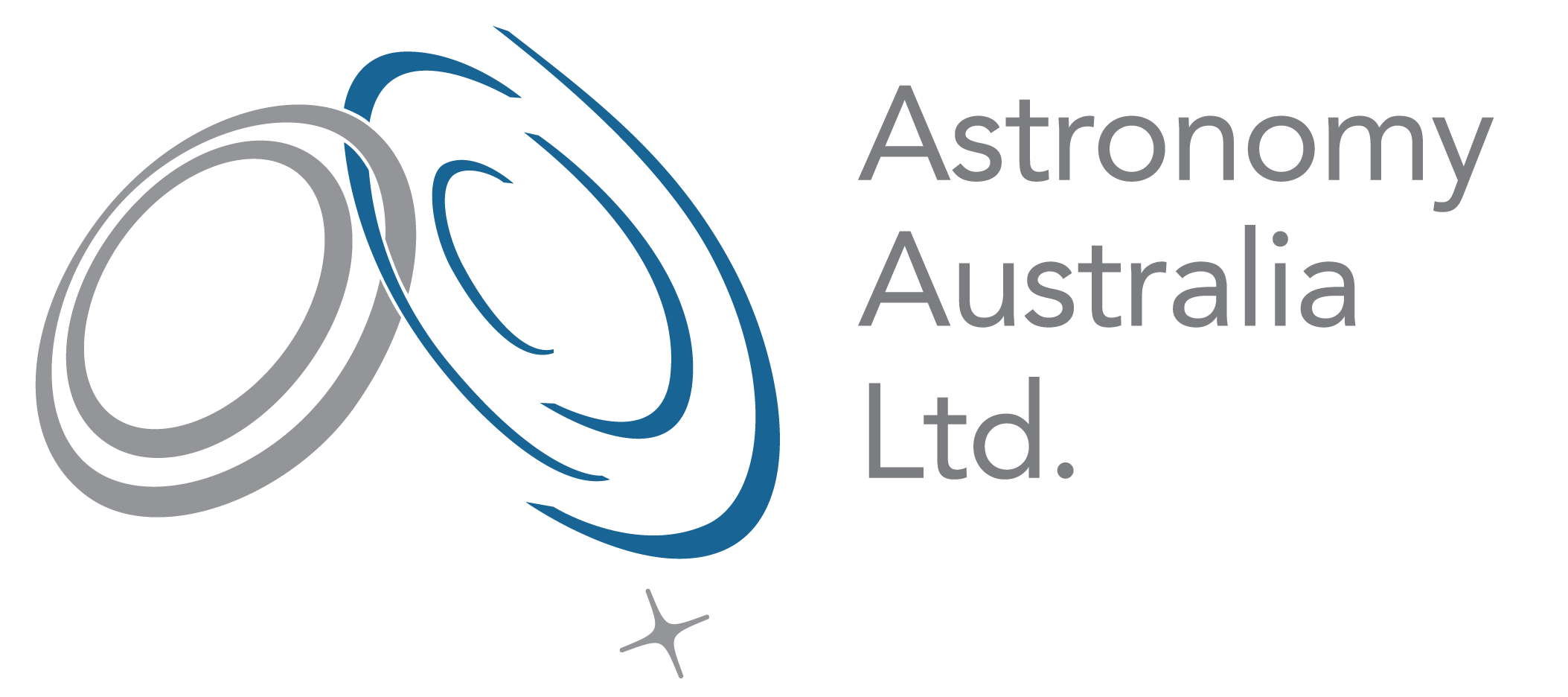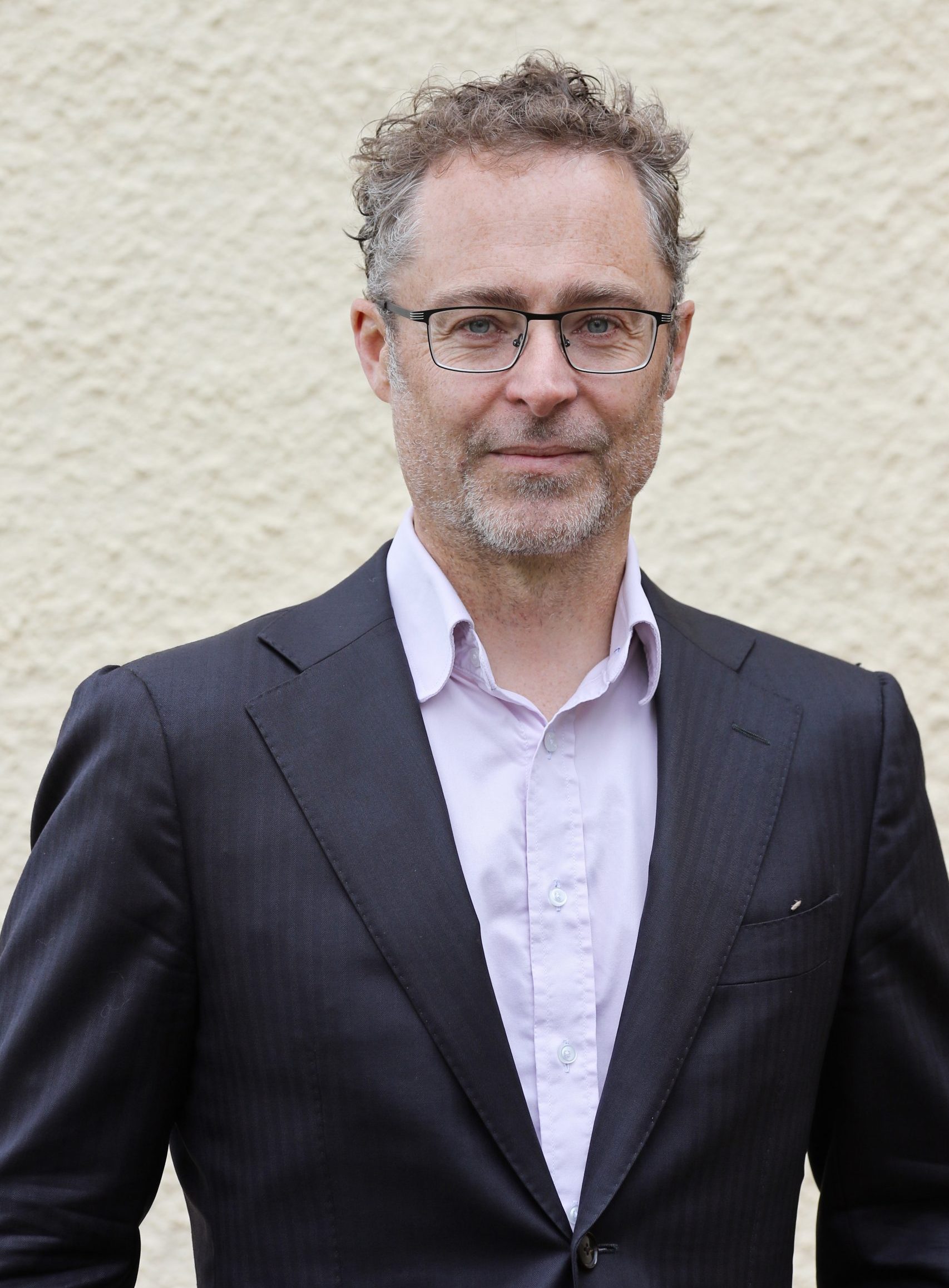Astronomy Australia Limited (AAL) is delighted to announce that Dr Alexander Cooke will join the company as Chief Executive Officer, commencing on 6 January 2025.
Dr Cooke successfully navigated a highly competitive recruitment process led by AAL Board Chair, Prof Orsola De Marco. Prof De Marco noted, “The most important job of the Board of any company is the appointment of the CEO. Through a range of networking avenues, social media, and general advertising, we generated significant interest for the role of AAL’s CEO. This resulted in lots of conversations with many well qualified individuals and a number of very strong applications.”
Regarding the successful candidate, Prof De Marco said, “Dr Cooke will be an important asset to AAL and for the astronomy community in general. His extensive experience working across the public sector on science, technology and innovation issues, and particularly on astronomy, will be invaluable at this key moment in time for the sector”.
Over 20 years, Dr Cooke has been instrumental in facilitating the delivery of high impact science at scale, including major science initiatives on behalf of the Australian Government. He is presently supporting the establishment of the Australian Government’s Strategic Examination of R&D (SERD), and leading delivery of the International Conference on Research Infrastructure (ICRI) 2024 which Australia is hosting in December in partnership with the European Commission.
Dr Cooke led CSIRO’s Missions Program which aimed to deliver large-scale collaborative research with national and international partners to solve societal challenges. From 2017-2020, Dr Cooke was Australia’s Science Counsellor for the Department of Industry, Science and Resources (DISR), where he advanced the nation’s interests on science, technology and industry matters. He engaged regularly with the European Southern Observatory (ESO) and the Square Kilometre Array (SKA) Observatory, advocating for Australia’s interests with key astronomy stakeholders across the European Union.

